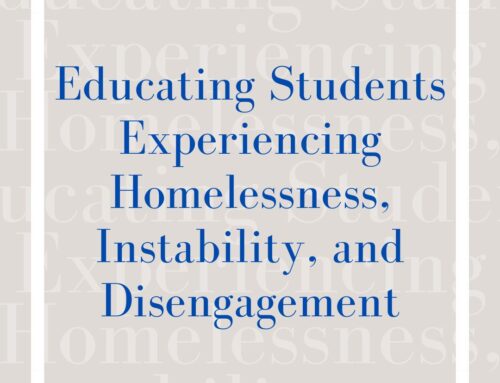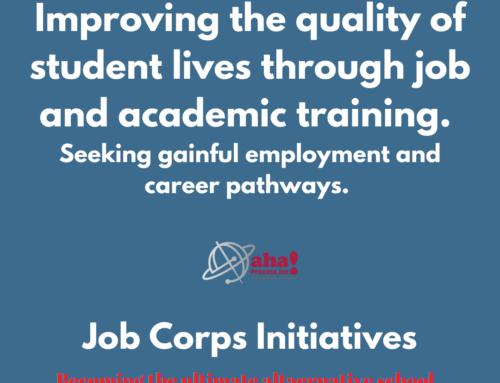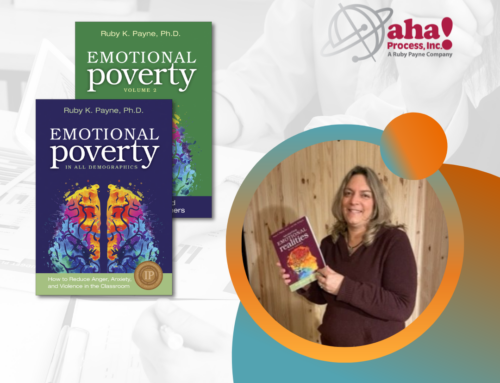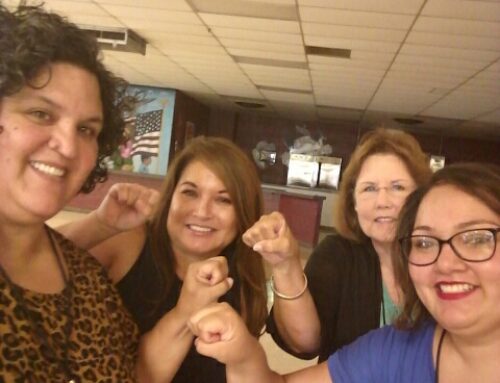Both in today’s world, and in the past, this is a fair question. The answer, however, is not a simple one, and I do not profess to have a pat answer. If you have read John Goodlad’s monograph titled What Schools Are For (Phi Delta Kappa, 1994), you will see that he makes a great effort to begin a dialogue on this complex subject. I would like to know what you think.
Goodlad offers that schools are educational institutions where educational functions should always be dominant. He also tells us that “education is not just a service to be encapsulated in an institution.” It is also a function of families, businesses, churches, and social organizations. If we are to answer the question above, we then must define education. Once again, Goodlad contributes by saying that if we evaluate schooling only for its contribution to specific goals and objectives, we misinterpret what education is all about. Dewey felt that education was about the individual becoming; in other words, the growth taking place in each person. What do you think?
All of this could become a very esoteric discussion, should we allow it to, and though I do recommend Goodlad’s book, that is not really my goal here. Regardless of definition, schools are asked to be everything from agents of social change, to part-time parents, to academic machines. It is important to note that schools are not asked to do all of this alone. It is assumed that there is a community structure in place to allow academic progress, social/emotional health, family involvement, and personal growth to take place. Today, this can only happen successfully if the community structure and the schools work collaboratively as a team. Such team togetherness is based on relationships and can only happen if all involved are willing to process a change of thinking, open up communication, and sit at the same table together to plan for the future of the community’s children.
What do you think schools are for? How can you begin including the community structure in what is needed to assist the enhancement of learning? How will you help the community structure understand the needs of those children who are not yet successful learners? What is the impact on children when the community structure works in isolation? What is the impact on children when the schools only invite community structure into their buildings in emergencies, to present assemblies, or to help on career days? Is it time, now, to sit together, form relationships, learn more about each other, and determine how to build success-oriented future stories for children and the community? I think so.








